Emotional Sobriety

I triggered an innocent woman at a sober event.
Here I was having a casual conversation with someone when in my peripheral I could see her jaw dropped, eyes widened, and visibly shaking. As I turned to her, she announced:
"I have to go to a meeting RIGHT NOW!"
As she stormed off in a puff of smoke (she couldn't light a Newport fast enough), I sat with my emotions around the situation:
👉 One part of me felt remorse because admittedly it was insensitive of me to talk so casually about psilocybin among a mixed crowd of sober people.
👉 One part of me marveled at how addicted and dependent this lady was to AA meetings (and had been sober for years).
Is this recovery?
When I see instances like this lady's insatiable need to get to a meeting, I'm reminded of how my body screamed for drugs while in active addiction. I honestly see no difference.
There's some important information written by Bill W in the Big Book that is often disregarded (while being the most important):
You can see the evidence by doing a quick scan of dialogues happening within the recovery community. Just quickly on X, Instagram, or Facebook:
--Personal insults and attacks;
--Triggered keyboard warriors;
--Intolerance of others' perspectives;
What Bill W might have said about this (actually already has) lies in a term her coined:
Emotional Sobriety
An important element of the Big Book (but seems to have been redacted by some 12-steppers):
Haven't heard of it? Not surprised.
Here are the Top 5 Key Points:
Bill W writes within the 12th step:
“Here we begin to practice all Twelve Steps of the program in our daily lives so that we and those about us may find emotional sobriety.”
What does that mean?
Let's lean on THE contemporary expert: Dr. Allen Berger (https://abphd.com/):
Recovery means creating a healthy relationship with your emotions (or risk staying stuck for life).
In my opinion, Bill W is asking us to move beyond the step work into a life beyond addiction. A life healed from the thoughts and behaviors that lead us into our insanity. Our recovered life is balanced, growing, and less dependent on a sponsor to clean up our triggers.
Berger's explanation of Emotional Sobriety:
- Acknowledge every emotion, allowing it to be expressed fully. Take close note of triggers (they are learning tools).
"I'm currently feeling angry and allowing it to move through my body until it subsides without judgment or attachment."
Download my FREE guide for leveraging triggers and understanding the belief behind them:
- Take responsibility for your emotions. No one or nothing can cause an emotional reaction in you.
"I notice that person has triggered anger in me. Now I have a choice to conform or transform that energy."
Whatever triggers you in someone else indicates personal growth, and has zero to do with them.
- Empathy becomes the default setting when it comes to others. Emotionally charged interactions show how sober you are.
"I'm approaching this conversation as a student, always open to learning from someone else."
- Establishing personal values to find meaning in life. Inner peace blossoms.
"Since I know my values, I will set boundaries with that group or setting to preserve my peace."
If I asked you to list your values, could you?
- Remaining in the current moment. Gratitude for what is instead of fear of what isn't.
"I know that thinking of what could happen or what has happened leads to anxiety."
Sooooooooooooo,
To what level of recovery have you reached (based on Bill W's post-12-step definition)? And I'm not asking how many consecutive days you've gone without misusing the substance. To me, that's almost irrelevant.
How Emotionally Sober are you?
Where would you rate yourself based on these 5 tenants? A great journal prompt may be "What is working, what isn't working, and what should I incorporate when it comes to each of these five statements?"
Let me know if you use the prompt!
Ok, that's it for now. More to come on this subject, for sure!
💚 Dallas
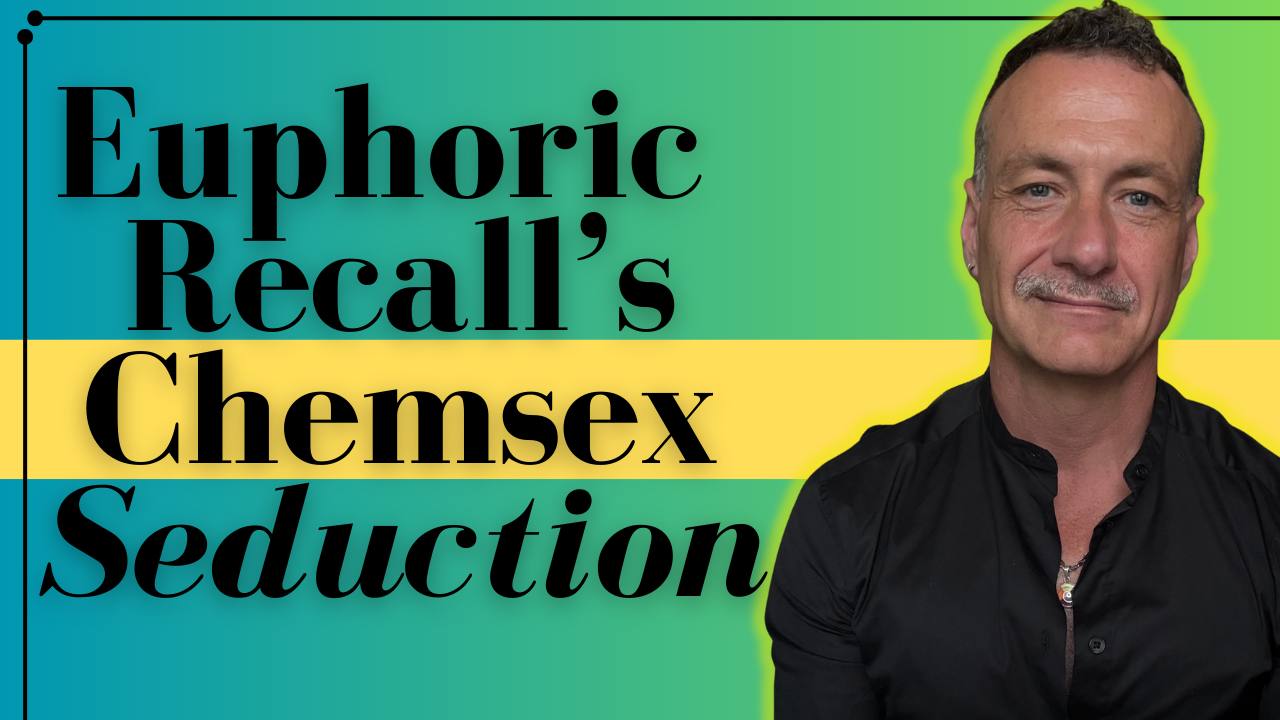
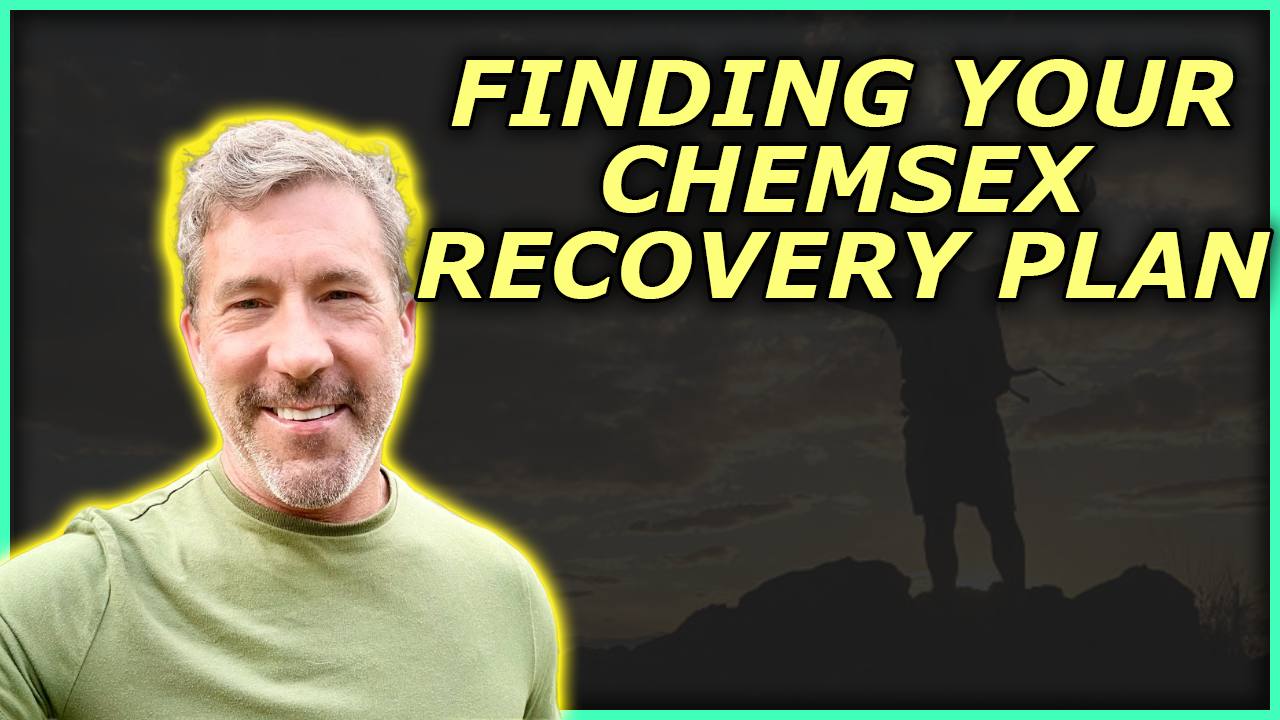
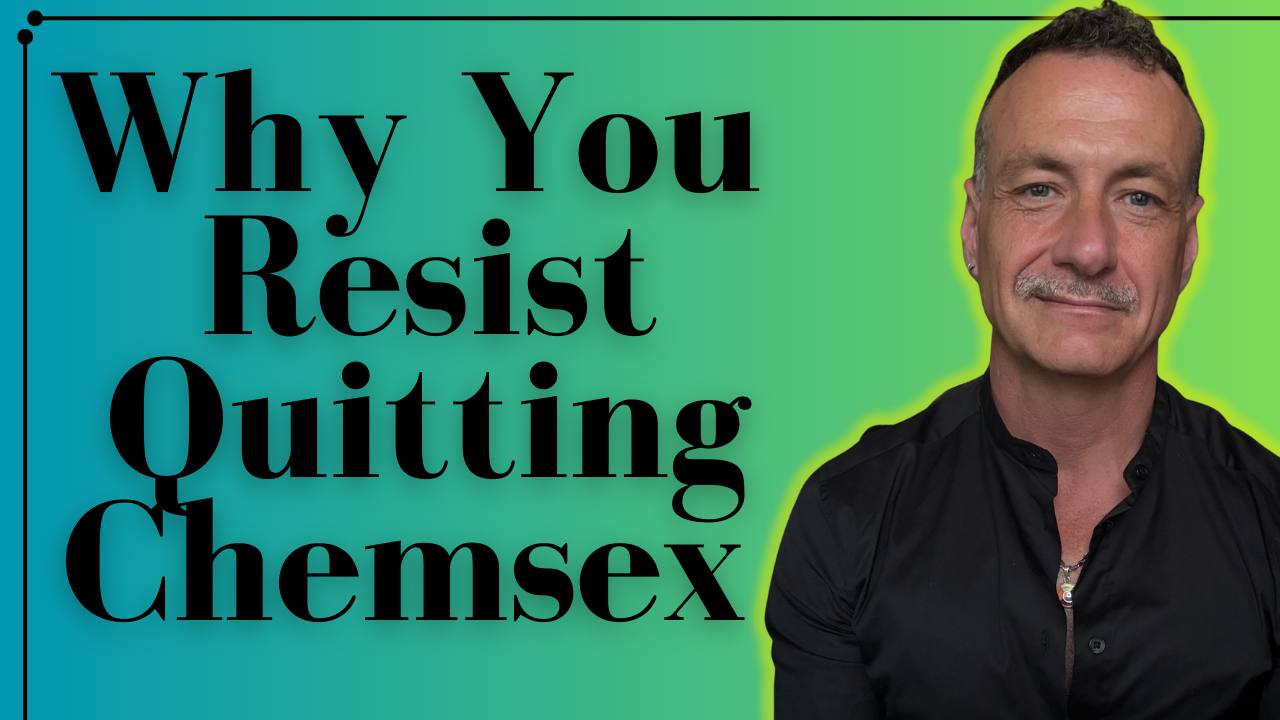
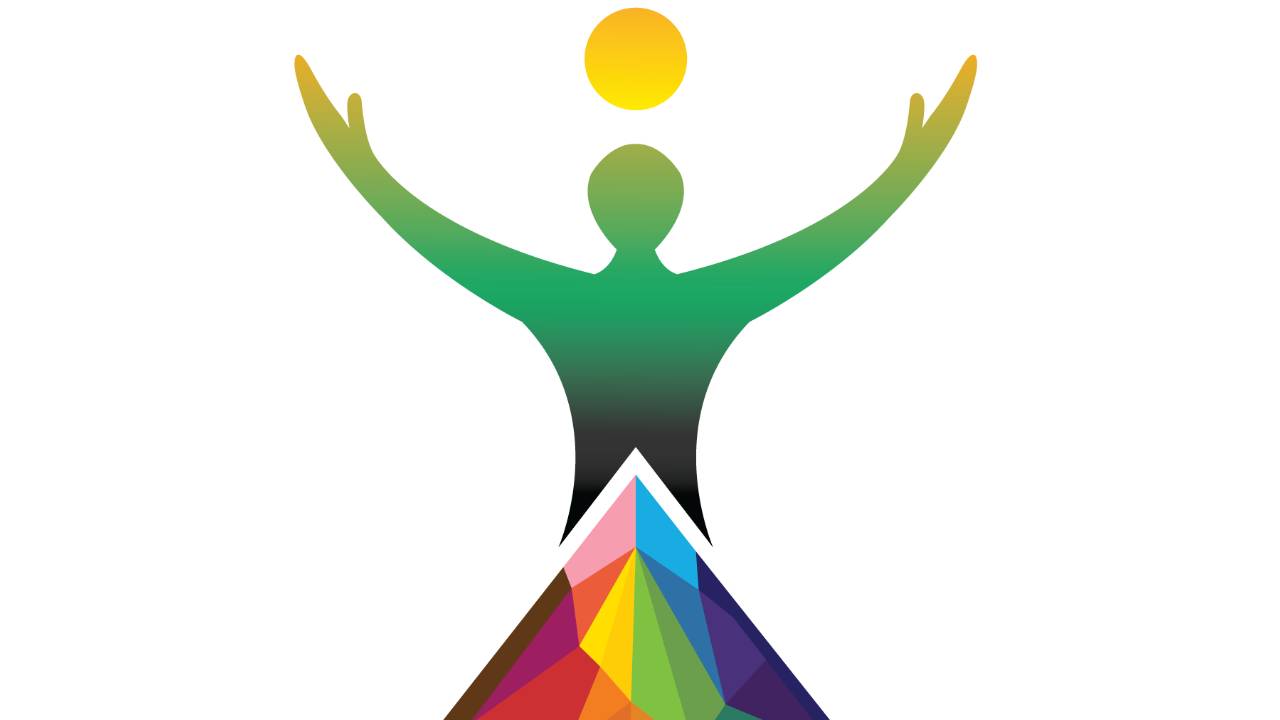
Responses